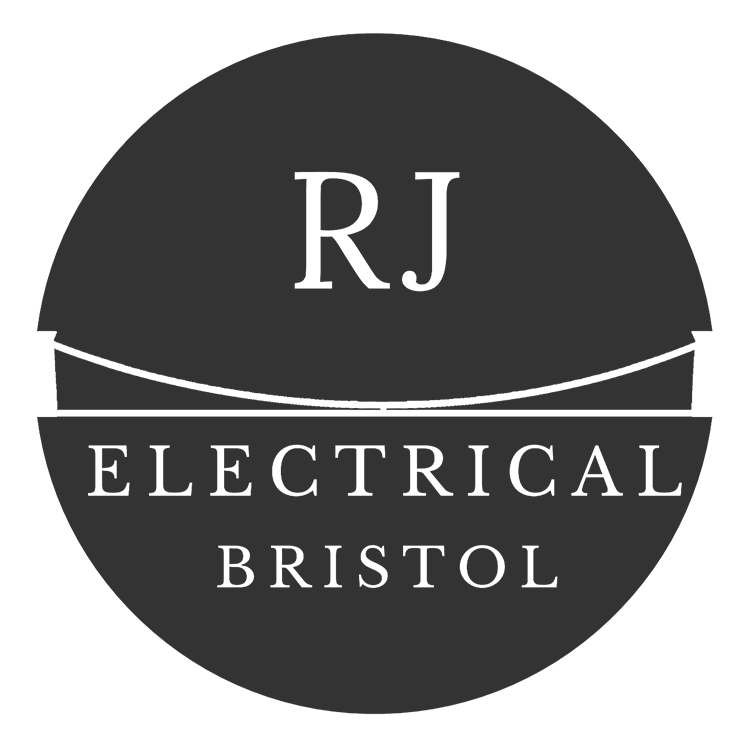Landlords have a legal and moral responsibility to ensure the safety of their tenants, and a key aspect of this is maintaining the electrical systems within their properties.
Electrical testing and maintenance are critical responsibilities for landlords, ensuring the safety of their tenants and the longevity of their properties. By regularly conducting EICR and PAT tests, performing routine maintenance, considering upgrades, and being prepared for emergencies, landlords can meet their legal obligations and provide a safe living environment for their tenants.
Regular electrical testing and maintenance not only protect tenants but also safeguard the property from potential hazards like fires, electrical shocks, and other electrical failures. Here are some crucial considerations for landlords:
EICR (Electrical Installation Condition Report).
An Electrical Installation Condition Report (EICR) is a vital document for landlords. It assesses the condition of the electrical installations in a property, identifying any issues could lead to unsafe situations. For rental properties, an EICR should be carried out at least every five years or at the start of a new tenancy. This report helps landlords address potential problems before they become serious, ensuring compliance with legal standards and reducing the risk of accidents.
Routine Maintenance.
Beyond formal testing, regular maintenance of electrical systems is essential. This includes checking sockets, switches, lighting, and any other fixed electrical installations. Landlords should address any signs of wear, such as frayed wires or loose fittings, promptly. Regular maintenance helps prevent minor issues from escalating into major hazards.
Emergency Response Preparedness.
Landlords should have a plan in place for dealing with electrical emergencies. This includes ensuring that tenants know how to shut off the power in case of an emergency and having a reliable electrician on call for urgent repairs. Quick responses to electrical issues can prevent accidents and minimise damage to the property.
PAT Testing (Portable Appliance Testing).
Portable Appliance Testing (PAT) involves checking electrical appliances within a property to ensure they are safe to use. While PAT testing is not legally required for all rental properties, it is strongly recommended, especially for furnished rentals. Regular PAT testing reduces the risk of electrical faults in appliances which tenants use daily, providing an additional layer of safety.
Upgrading Electrical Installations.
Older properties may have outdated electrical systems that do not meet current safety standards. Landlords should consider upgrading these systems to modern standards, including the installation of RCDs (Residual Current Devices) to protect against electrical shocks. Upgrading not only enhances safety but also improves the property’s value and appeal to tenants.
Get in touch with RJ Electrical Bristol. Your trusted partner for all electrical needs in Bristol and surrounding areas.
Bespoke electrical specialists in domestic and commercial electrical services, including expert EV charging installations and comprehensive testing. Whether you need a simple repair, a full rewiring, or reliable testing and certification, our experienced team is here to help.
